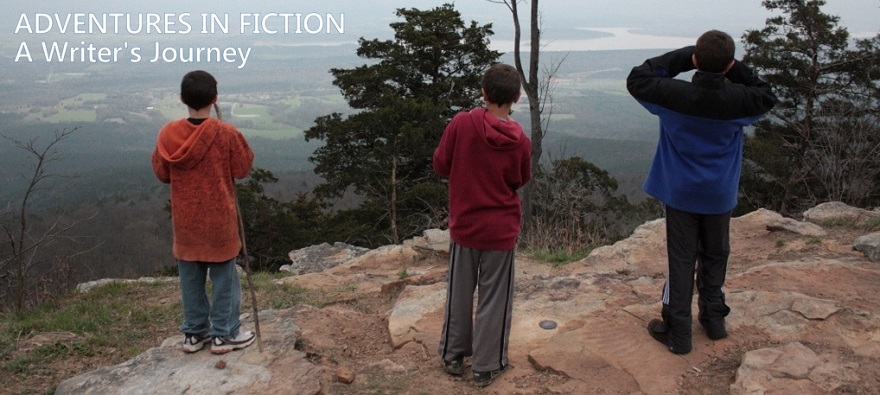"The Last of His Kind" by Bill Ward features an aging but still powerful dragon hunter on a quest to find what may very well be the last dragon, the Glasswyrm.
The wyrm knew it was hunted, but not the nature of its hunter.Though I have read many short stories of dragons and hunters, and written one myself, this is different from any of them — and yet I was reminded of Dune by the setting, and of Dragonheart by the reason behind the hunt, for reasons which will be obvious to readers who have also read Herbert's book or watched the fantasy film. I liked the notion of a desert-dwelling dragon turning the surrounding sand to glass; it's logical and fantastical at once. And the writing is excellent and engaging. Without giving anything away, here's a descriptive passage from near the end of the story:
The Glasswyrm. Dominating the cavern — glass-walled, beehive-shaped, a vast dome of sacred shape, a place for worship — were the coils of the dragon. In sinuous loops it soared above them, many storied, piled length upon length in colossal segments. Uncoiled, sliding over the sands, it would seem a great gleaming river of molten steel. Coiled, piled in massive profusion like the ramparts of a fortress, it out-dared the stones of the world and seemed itself a mountain, or the silver heart of some tremendous volcano, a vital organ of the earth itself.An unexpected and well-written tale that does not reveal all its secrets until the end.
The second offering is by Josh Wolf: "Dead in the Water", a weird and not-so-glamorous view of Arthur's knights on a wild mission in a Fey-infested forest, told from the perspective of Gawain.
Why had he ever let Lancelot goad him into coming? He sighed and looked at Lamorak twitching next to him. The answer was right there. Lamorak and young Griflet, both of them newly knighted and stupid, had volunteered immediately, and someone had to keep them alive. Though he never spoke of it to anyone, he had sworn to himself that he would protect them all, even great Glachis, from Lancelot’s foolishness.Although I laughed at Gawain's internal commentary and his dialogue with the talking fish, and appreciated the originality of the story, which reads like someone's bizarre dream, this is a story I will probably not read again. Another well-written tale, darkly humorous, but — and I wish it were not so — not enjoyable. I did like the introduction of Merlin's lodestone, a touch of science in an otherwise mythical tale.
The third and final piece in this issue is the lyric and mystical "Shadows From Firelight" by R. Michael Burns. It is not exaggerated praise to say this samurai tale reads in places like a piece of music, or like the bold but fluid lines of Japanese script:
For what seemed a very long time, he fell, swift as an arrow from the bowstring. Only when he emerged from the clouds, the trees below rising toward him like a thousand daggers, did his head clear enough for him to recognize what his fingers had snagged: two broad, flat feathers from the monster’s tail. A wild notion flashed through his mind and he acted on it knowing it was madness. He grasped the feathers with all his strength and spread them out across the wind in the mad hope they might bear him upon the gales like a great paper kite.This story feels like it could have been told around a fire a thousand years ago. There is humor and pathos, suspense and revenge, and it makes for a rousing tale. Highly recommended.
So, fellas, what's up for Issue 4? Eh?




